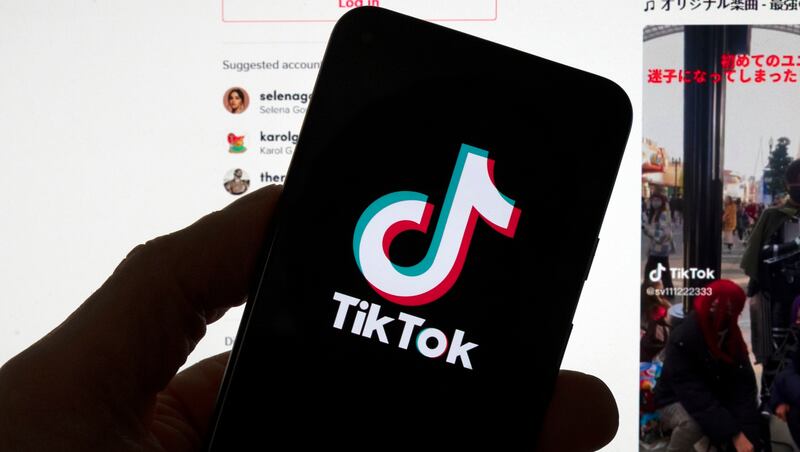Despite not progressing through Congress, the Kids Online Safety Act, or KOSA, received strong bipartisan support in the U.S. Senate last summer (91-3). Its sponsors, Sen. Richard Blumenthal, D-Conn., and Marsha Blackburn, R-Tenn., are strong-arming a comeback of the bill, arguing that protecting children on the internet and combating big tech is a top priority.
Since the bill’s revival in Congress, it has received strong support, even from one Big Tech member, Apple Inc.
In a letter to its sponsors, Timothy Powderly, Apple’s senior director of U.S. government affairs, said the bill aligns with the tech company’s goal of prioritizing online safety, especially for kids.
“Everyone has a part to play in keeping kids safe online, and we believe your legislation will have a meaningful impact on children’s online safety. Apple also supports the bill’s improvements to children’s privacy,” the letter states. “As longtime advocates of privacy as a fundamental right, we believe these improvements are important, and hopefully the first steps towards comprehensive privacy legislation that ensures everyone’s right to privacy online.”
Last year, KOSA gained favor from other Big Tech names: Snapchat, Microsoft and even X owner Elon Musk approved of the bill, which lawmakers hoped would cause more Republican leadership to endorse it, according to The Washington Post. However, Louisiana lawmakers House Speaker Mike Johnson and House Majority Leader Steve Scalise saw a potential issue with the bill instituting online censorship.
Since the bill has been reintroduced, it has received joint support from Senate Majority Leader John Thune, R-S.D., and Minority Leader Chuck Schumer, D-N.Y.
Endorsements have also come from many parents who have lost their children to suicide due to online bullying and extortion.
Here’s a look at what the bill accomplishes:
-
Demand online platforms allow minors the options to protect their data, disable product features and remove themselves from personalized algorithmic recommendations.
-
Allow parental controls to report harmful conduct.
-
Holds social media platforms accountable for ensuring the mitigation of harmful material, i.e., substance abuse, suicide, eating disorders and illegal products.
-
Establish open communication with parents, policymakers and social media platforms to hold them accountable for conducting independent audits to address risks.
As young people seem to become more and more attached to their technology — nearly five hours daily on social media — their mental health appears to worsen.
Teenagers who reported spending the most time online ranked their mental health as either poor or very poor, according to the American Psychological Association. Similarly, young people who had “poor parental relationships” spent the most time on social media and more frequently had thoughts of hurting themselves or suicide.
“I’ve heard too many heartbreaking stories to count from parents who have lost a child because these companies have refused to make their platforms safer by default,” Blackburn said. “Congress must not cave to the wills and whims of Big Tech, and we must not be bullied into submission. Now is the time to stand up and protect future generations from harm by passing KOSA.”
Read the full article here


